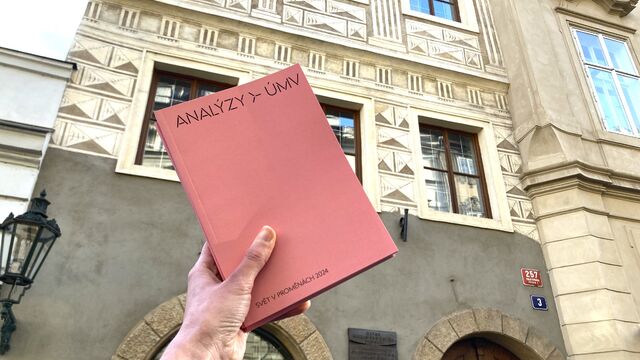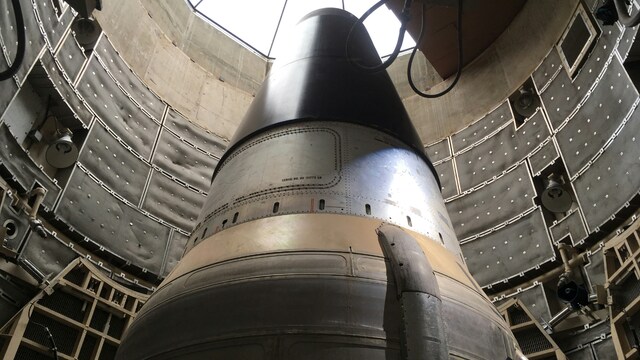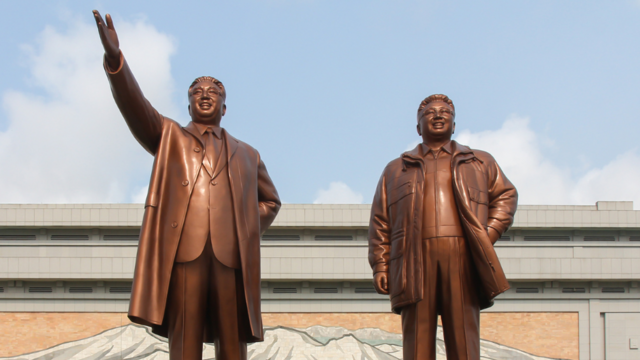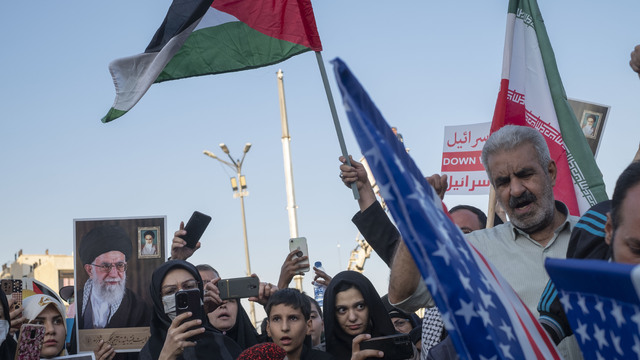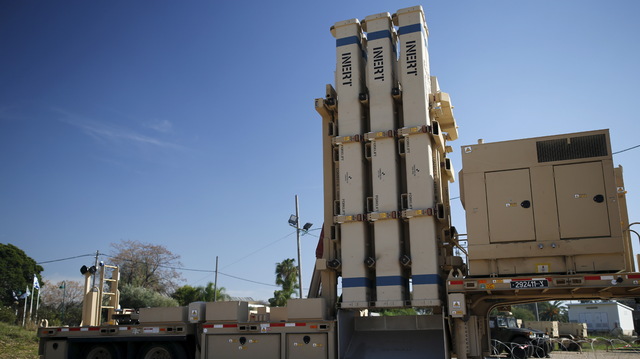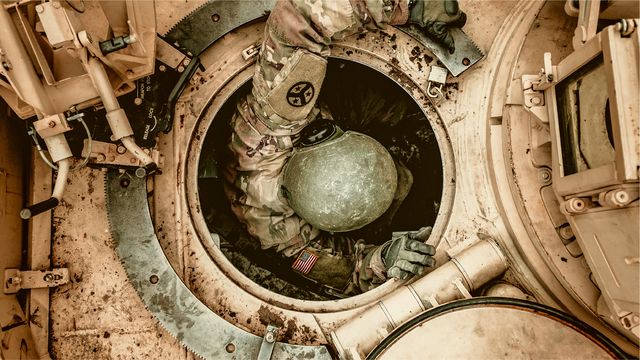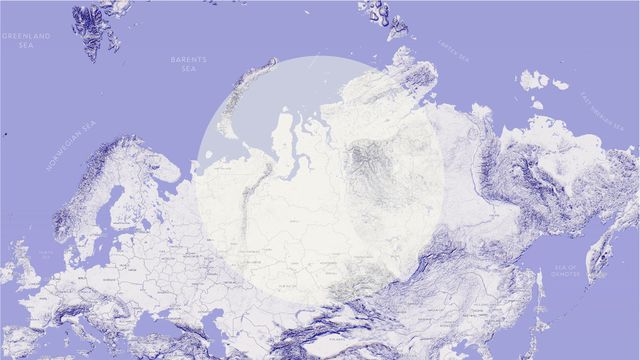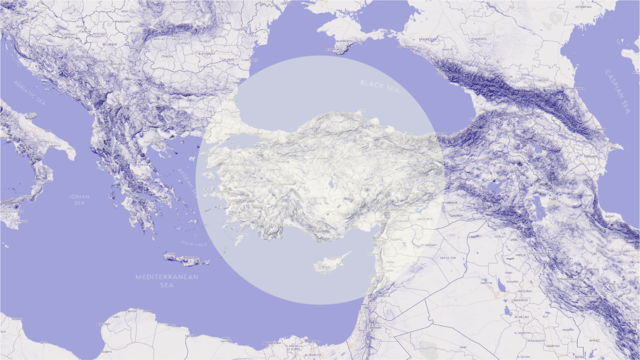How Türkiye’s balancing strategy between Russia and the West matters
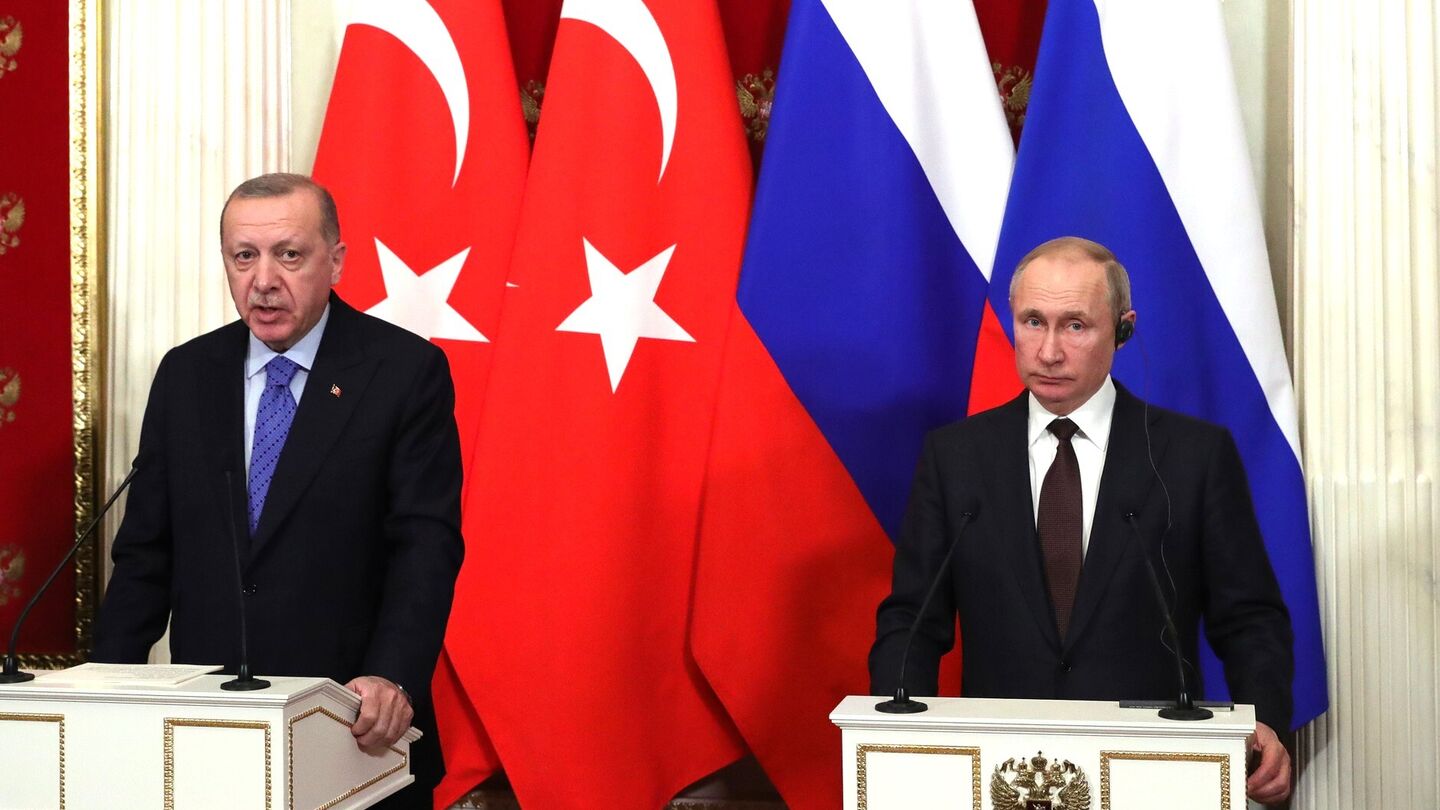
The debate on the global great power competition needs to give more attention to the ways the middle powers are influenced by and inform ongoing shifts in international politics since they create new power dynamics in this competition.
This piece focuses on Türkiye as one such middle power and the role it plays in the competition between Russia and the Western bloc (understood mainly as the EU and the NATO). Despite being a NATO member and maintaining a high density of economic relations with the EU (not to mention its official candidacy status), Türkiye can be considered as a swing state. It has frequently deviated from the patterns pursued by its Western allies without fully aligning with Russia either. It has chosen to employ a ‘middleman strategy’ regarding the Russian aggression over Ukraine, extracting benefits from both sides.
Following the presidential elections in May 2023, where President Recep Tayyip Erdoğan had consolidated his authoritarian power, there has yet been a shift in Türkiye’s balancing position. Tensions have escalated in its relations with Russia, while its interactions with the West have taken a more positive turn, leading to the release of the EU’s long-term strategy for better relations with Türkiye. This piece calls for cau tion on this positive turn and underlines three factors that can impede Türkiye’s po tential alignment with the West: the rising influence of far-right parties inside Türkiye’s government, its reliance on Russian gas and its ambition to assert its leader ship in the Muslim world, where anti-Western rhetoric plays a crucial role.
Türkiye’s balancing act: Assessing its current position
In an interview that he gave in September 2023, President Erdoğan stated, “…in the last 50 years, we have been waiting at the doorstep of the EU, and, at this moment in time, I trust the West just as much as I trust Russia.”
Indeed, Türkiye’s relations with NATO and the EU experienced a significant dete rioration in the last six years. The EU reports and NATO statements highlighted Türkiye’s ‘unreliability’ and ‘unpredictability,’ which were attributed to its various contentious actions. In 2019, Türkiye’s decision to purchase the S-400 anti-aircraft system from Russia led to its removal from the F-35 joint strike fighter program by the US, which declared that Türkiye undermined its commitment to NATO by accepting the S-400s. In 2020, concerns arose due to Türkiye’s instrumentalization of Syrian refugees, which resulted in a humanitarian crisis at the Turkish-Greek border. Then came the unilateral drilling activities in the Eastern Mediterranean coupled with a hostile rhetoric against Greece, which added to Türkiye’s strained relations with the EU. In 2022, a ‘balancing act’ was observed in the aftermath of the Russian aggression in Ukraine, wherein Türkiye avoided endorsing the Western sanctions against Moscow. Finally, Türkiye has blocked the ratification of Sweden’s accession to NATO for almost two years, demanding that Sweden tighten up on the extradition of Kurdish asylum seekers as well as that the US move ahead with the transfer of F-16 fighter jets to Türkiye in order compensate for its removal from the F-35 program. As of writing this piece, the ratification of Sweden’s NATO membership is still pending in the Turkish parliament, although the government voiced its approval for it. All these contested acts and behaviors led to a perception of Türkiye as an ‘unreliable’ and a ‘disruptive partner’ by its Western allies.
The perception of Türkiye has been different on the Russian side. ‘Unreliability’ in this regard has never appeared to be a concern for Moscow, at least until May 2023. In October 2022, Putin characterized Türkiye as a challenging partner to negotiate with, yet acknowledged the stability in the two countries’ relations. He highlighted that while many joint decisions with it were the outcomes of difficult disputes, there was a desire on both sides to reach agreements. Despite their diverging interests in various settings such as Syria, Libya, the Black Sea and Nagorno Karabakh, Putin recognized Türkiye’s reliability as a partner and considered President Erdoğan as a leader who was righteously concerned with his nation’s interests. There was a purposeful culture of ‘competitive cooperation’, where both countries were able to ‘agree to disagree’ on a number of crucial topics. Perhaps due to this position, Russia desired and implicitly supported President Erdoğan’s re-election in the historical election of May 2023. The Russian company Gazprom went so far as to agree to defer Türkiye’s debts for a portion of the natural gas it was exporting, providing some relief to the Erdoğan government amid the severity of the economic crisis leading up to the elections.
However, with President Erdoğan consolidating his power in post-election Türkiye, this time, the tide shifted in favor of the West at the expense of Russia. Turkish Russian relations became tense after the Turkish government voiced its support for Sweden’s NATO membership and transferred five commanders from Ukraine’s Azov regiment to Kyiv. These commanders had been in Türkiye as part of a Russia-Ukraine prisoner exchange agreement. In the follow-up to these developments, Russia refrained from reviving the UN-backed deal aimed to allow the safe passage of grain from Ukraine – which had been brokered by Türkiye. The deal had allowed Ukraine to export nearly 33 million tons of grains, thus easing a global food crisis. Russia claimed that there were no grounds for extending the deal, demanding improvement in its own grain and fertilizer exports. On the Western front, Türkiye not only normalized its relations with Greece and various Western partners, but the EU Commission and the High Representative also embraced a forward-looking strategy aimed at strengthening long term relations with Türkiye. The joint communication released on 29 November 2023 includes calls for reinstating the EU-Türkiye high-level dialogues on economy, energy and transport, resumption of meetings of the Association Council and the high-level political dialogue at ministerial level, reviving discussions on the modernization of the EU-Türkiye Customs Union, and easing visa restrictions. This strategic move by the EU was welcomed by the Turkish government. In his social media account, the minister of finance stated that “we would like to re-anchor Türkiye firmly to the European Union.”
Implications for the Czech Republic
The EU’s forward-looking strategy, and Russia’s persistence in not renewing the grain deal, provide a choice for Türkiye, namely to align more with the West. The EU strategy can be considered quite constructive, as it aims to include Türkiye in the EU’s sphere of influence and potentially downgrade its ‘swing’ state position. Amid persistent se curity and geopolitical challenges, this new strategy appears more promising than en during the ad hoc cooperation with Türkiye on strategic issues, such as the EU-Türkiye migration deal. It holds the potential to establish a stable institutional framework for negotiations and agreements, or at least a willingness to ‘agree to disagree’ on strategic issues with Türkiye – similar to the approach evident in its recent relations with Russia. The Czech Republic as an EU and NATO member has also been negatively affected by Türkiye’s swing state status. For example, Türkiye’s decision to abstain from participating in the sanctions against Russia created a situation where Czech-registered companies could potentially violate these sanctions. The most significant instance of this, as identified by Czech authorities, involves the company Kovosvit MAS, which reportedly breached the sanctions by exporting heavy machinery to Russia through Türkiye. Besides, the Czech Republic, clearly perceiving Russia as a security threat, cares about building a stronger NATO with Sweden as a member in the north flank to defend Ukraine. Hence, any step toward creating an institutional set-up that could bring Türkiye to a stable negotiation table with the West is in the interest of the Czech Republic.
Foresight
Even though Türkiye’s response to the EU’s new long-term strategy has initially been positive at the ministerial level, there are reasons not to expect very optimistic scenarios. First and foremost, Türkiye continues in its aspirations to lead Muslim interests worldwide (e.g. defending the Palestinian cause, providing a safe haven for members of Islamist movements or fighting against Islamophobia in Europe). The adoption of an anti-Western rhetoric plays an important role within this strategy. Second, the anti-Western sentiments are quite strong in Türkiye’s public opinion and President Erdoğan’s party shares power with minor far right parties in its ruling coalition. For instance, in the face of the Israeli-Palestinian conflict, Ankara declared that Hamas was not a terrorist organization but a liberation movement fighting for Palestinian re sistance and independence. The portrayal of Hamas as a liberation movement following the October 7 atrocities is a very radical statement compared to those made by countries that are critical of Israel’s disproportionate use of force in the Gaza Strip. Türkiye did not hesitate to give up on its normalization efforts with Israel following the outbreak of the violent conflict. Moreover, Türkiye’s dependence on Russian gas doubled following the Russian invasion of Ukraine in 2022. This dependence poses as an important challenge against the European expectation to collaborate with Türkiye in preventing sanctions circumvention despite its offer to modernize the Customs Union. Finally, with the resurgence of the Israel-Palestine clash, Türkiye’s ties with Russia are likely to re-strengthen as a result of their shared interests in sidelining Western actors in the conflict. Similarly to Türkiye, Russia openly aligned itself with the pro-Palestinian cause, hosting a Hamas delegation in Moscow and condemning the ‘catastrophe’ caused by Israel in Gaza.
→ Türkiye serves as a prime example of how a swing state, positioned as a middle power, can assume strategic significance in the conflict between Russia and the West. Its role contributes to swerves and delays in the evolution of the power dynamics, such as those in the NATO enlargement, or the export and import strategies of the conflicting sides.
→ The EU long-term strategy that aims to improve the relations with Türkiye comes against the backdrop of serious political conflicts. It shows the Western actors’ willingness to accept Türkiye’s differences in order to achieve stable relations and iron out old conflicts. This strategy is also in the interest of the Czech Republic due to its own security concerns.
→ The rising nationalism in Türkiye’s authoritarian governance structure, its dependence on Russian energy and its aspiration to lead Muslim interests in the wake of the Israeli-Palestinian conflict are the three key challenges to the success of this strategy.
→ The political stances of the Czech Republic and Türkiye sharply differ regarding the Russian aggression in Ukraine and the Israeli-Palestinian conflict; yet the two countries maintain peaceful and stable economic relations. In this context, the Czech Republic, together with other EU member-states (e.g. the Visegrad Group) having less confrontational ties with Türkiye, can take a more active role in fostering a culture of negoti ation with Türkiye. Stabilizing relations with a country that has different political stances on sensitive issues requires careful navigation of these matters, and an emphasis on common grounds and shared interests. The Czech Republic together with its Visegrad partners can offer its experience in maintaining such stable relations with Türkiye with EU-level negotiators as well.
